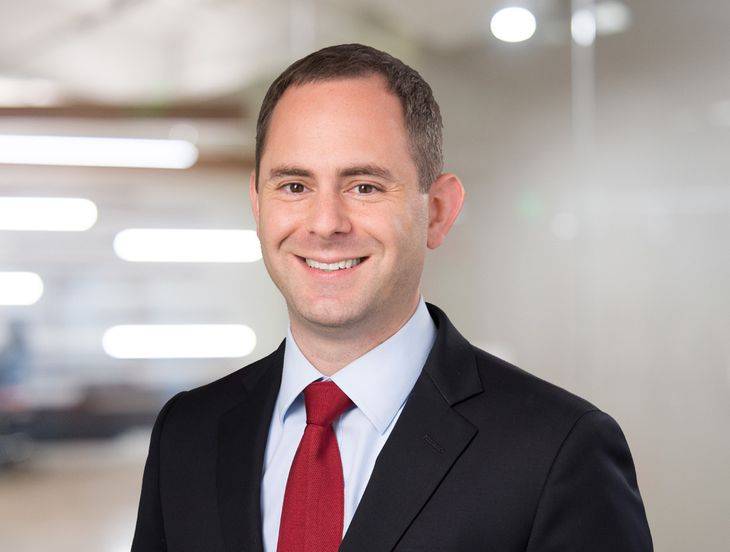Don’t You (Forget About Me): Can Former Managers’ Statements Bind Companies in OSHA Investigations?
Insights
2.01.19
An accident happens and an employee is seriously injured and admitted to the hospital. Not only does the company need to conduct an investigation into what happened, but it must report the injury to OSHA as well. During its own investigation, the company discovers that its manager or supervisor caused the accident by failing to lock out the machine where the employee was injured—in direct contravention to his training and company policy. The company fires the manager or supervisor for his actions.
During the OSHA investigation, the OSHA inspector wants to interview the now former manager to complete the investigation. Does OSHA have to notify the company of the interview? Does the company have the right to have a current company representative or its attorney sit in on the interview? Can the former manager bind the company with his statements?
Can the Former Manager’s Testimony Bind the Company?
Generally speaking, if OSHA interviews a former manager of a company during an investigation, that manager’s statements—whether verbal or written—do not bind the company. Under Federal Rule of Evidence 801(d)(2), an opposing party’s statement is excluded from the definition of hearsay, and therefore can be admitted into evidence, when one of the following scenarios exists:
- The statement “was made by the party in an individual or representative capacity”;
- The statement “is one the party manifested that it adopted or believed to be true”;
- The statement “was made by a person whom the party authorized to make a statement on the subject”;
- The statement “was made by the party’s agent or employee on a matter within the scope of that relationship and while it existed”; or
- The statement “was made by the party’s coconspirator during and in furtherance of the conspiracy.”
Fed. R. Evid. 801(d)(2). Scenario (4) is the most directly applicable to former managers’ testimony. But that scenario requires the statement be made while the employment relationship “existed.” In other words, a manager only binds a company with his statements because he is acting as the company’s agent and representative, and therefore he has authority to speak on behalf of the company. When a manager no longer works for the company, however, there is no longer any agency relationship, and therefore he cannot speak for the company.
Accordingly, if OSHA interviews a former manager during an investigation, that former manager’s statement should not bind the company. Because the statements do not bind the company, however, OSHA probably does not need to give notice to the company of the interview and does not need to allow a company representative to sit in on the interview. This accords with OSHA’s stated practice.
Can OSHA Interview the Former Manager Privately?
OSHA’s Field Operations Manual does not speak to how the agency treats former managers for purposes of interviewing them in private. But OSHA’s Whistleblower Investigation Manual provides that a company’s representative has a right be present for interviews with “currently-employed managers” and also defines “non-managers” to include “former managers.” CPL 02-02-007.
All of that said, based upon OSHA’s history of taking aggressive steps in conducting investigations and prosecuting citations when contested by companies, OSHA may try to have its cake and eat it too. That is, OSHA may try to insist that it has the right to interview former managers privately and also that the statements obtained then bind the company. OSHA may try to do this to show the critical element for every citation of proving employer knowledge.
As a practical matter, therefore, if OSHA states that it wishes to speak with a former manager, the company may want to guide that process by arranging and scheduling the interview, if possible. During this process, the company can discuss with OSHA the parameters of the former manager’s interview, including ascertaining OSHA’s stance regarding whether a company representative can be present. If OSHA tells the company that a company representative cannot be present, the company should make clear that that former manager’s therefore cannot bind the company if a citation is later issued and contested.
Related People
-
- David Klass
- Partner
-
- Travis W. Vance
- Regional Managing Partner

